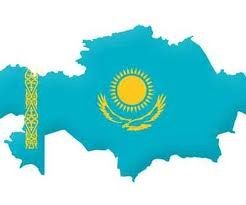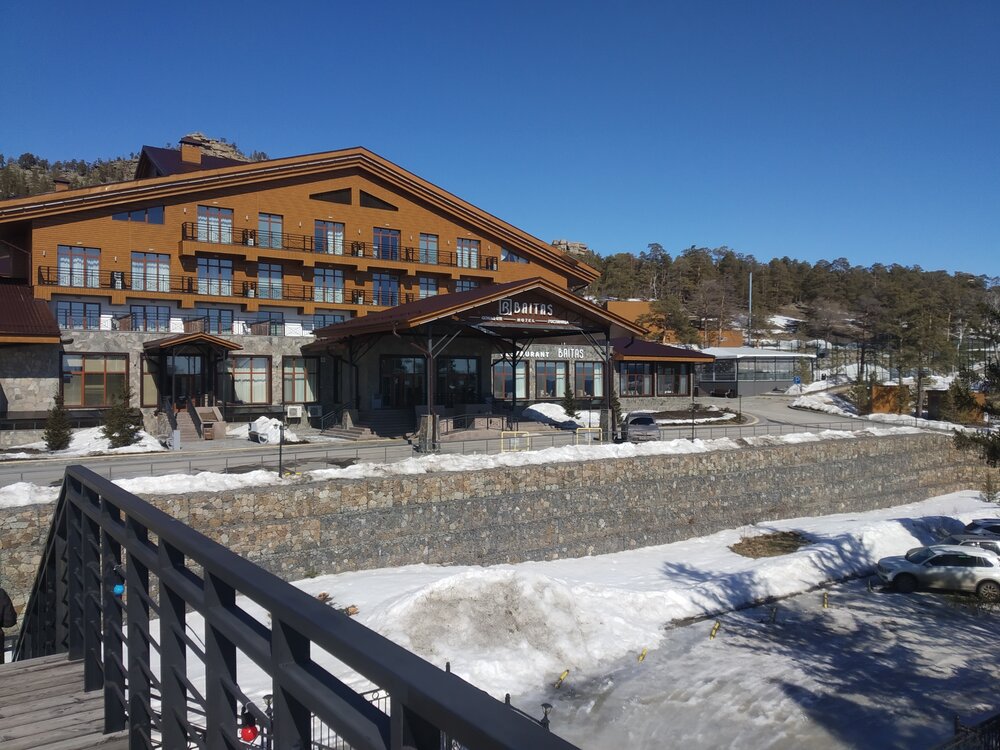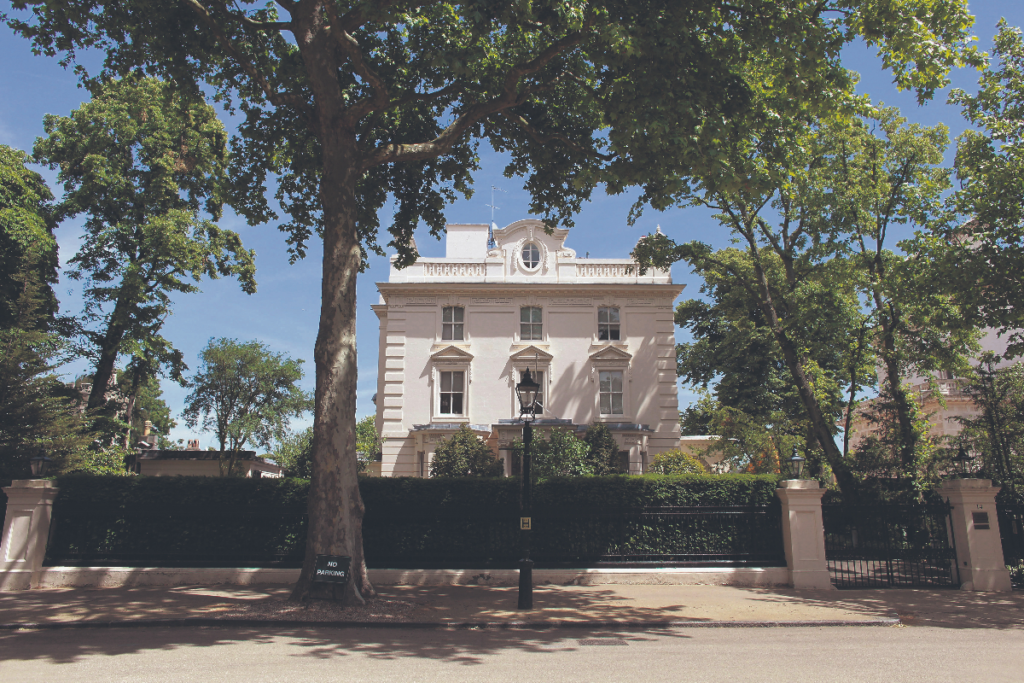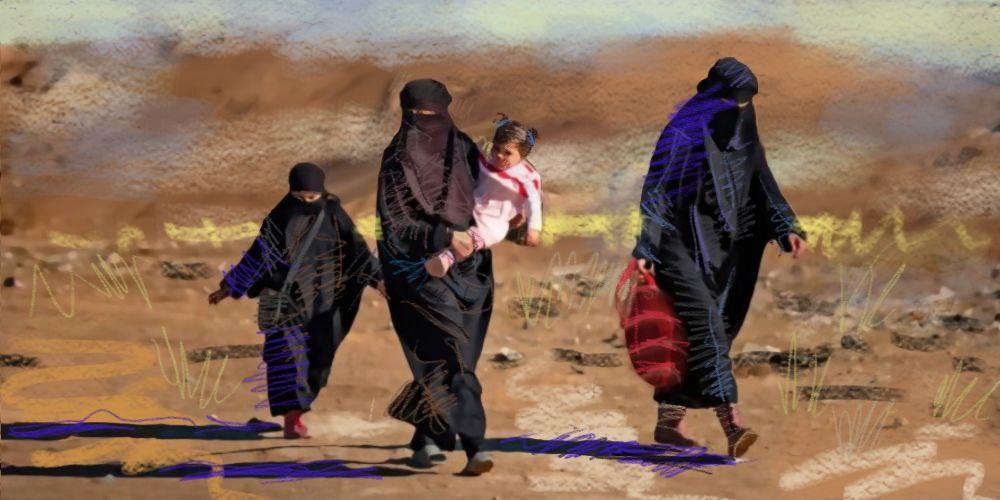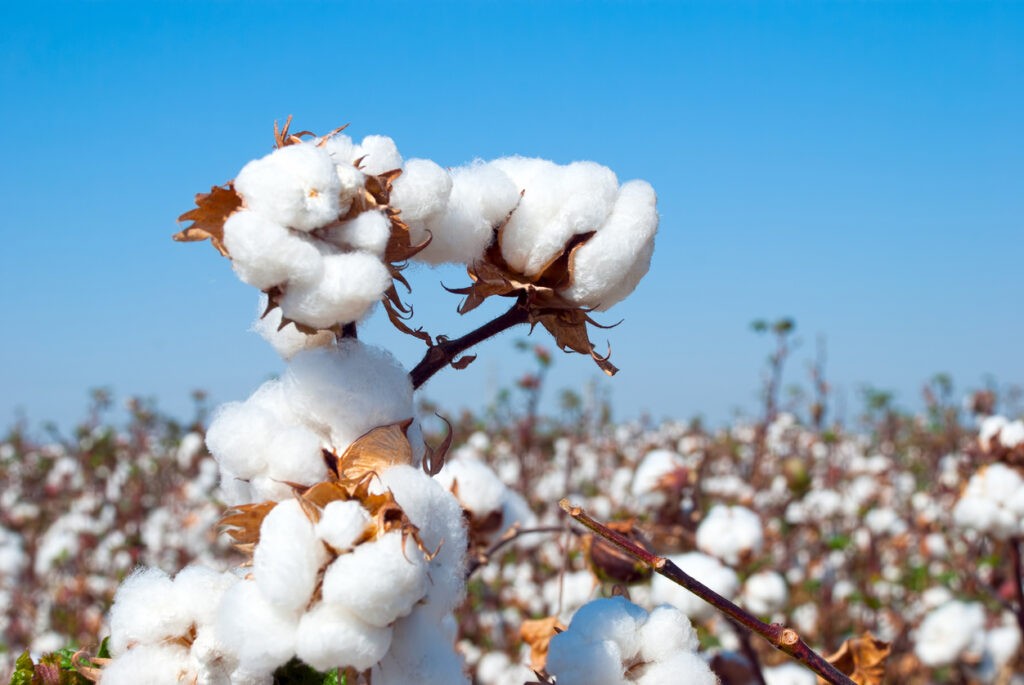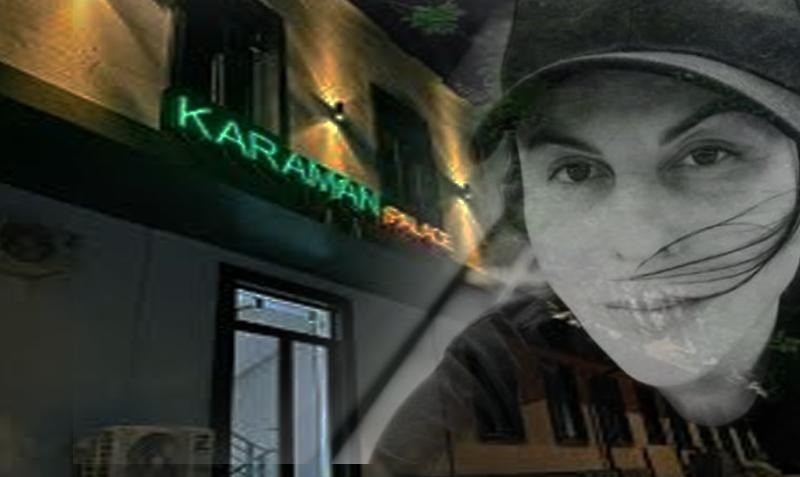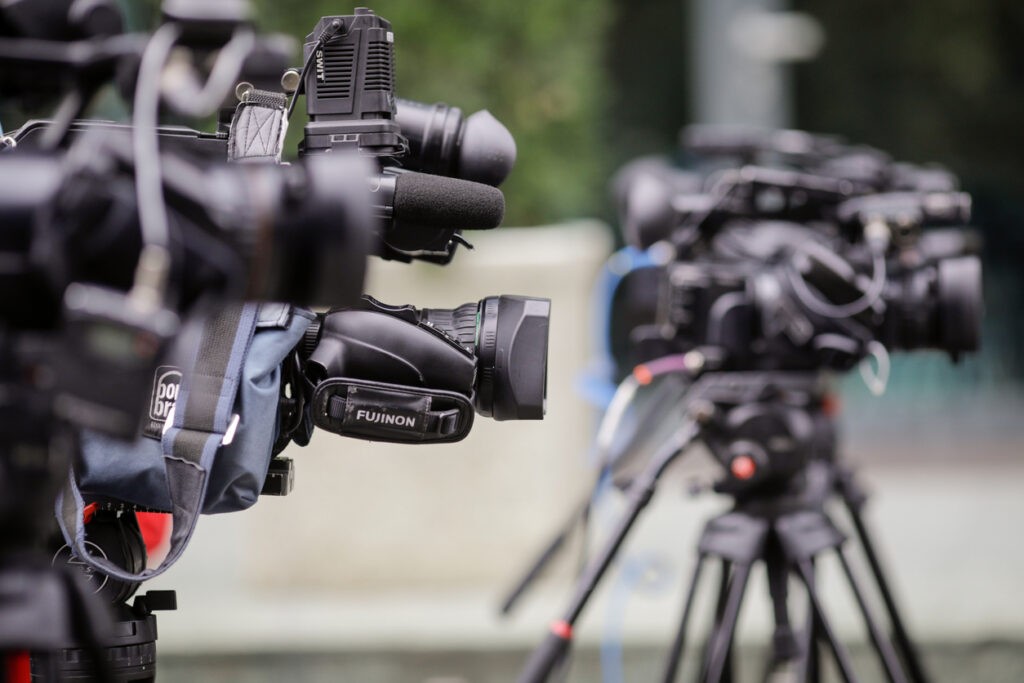ASTANA (TCA) — Human Rights Watch (HRW) has urged the Kazakh government to decriminalize defamation and to stop using libel laws “to harass journalists who are doing their jobs,” RFE/RL’s Kazakh Service reported.
In an April 6 statement, HRW said that Kazakh authorities launched an investigation on March 30 targeting two popular independent media outlets, the news site Ratel.kz and the local edition of Forbes magazine, on suspicion of disseminating knowingly false information.”
“Kazakh authorities have been quick to carry out searches and confiscate material from Ratel.kz and Forbes Kazakhstan while details of the alleged criminal conduct remain a mystery,” HRW Central Asia researcher Mihra Rittmann said. “The ease with which the criminal-defamation case was brought against Forbes Kazakhstan and Ratel.kz underscores the fragility of media freedom in Kazakhstan.”
On April 2, Almaty police raided the editorial offices of Ratel.kz and Forbes, confiscating computers and documents from both. The homes of several journalists working for the outlets, including deceased Ratel.kz journalist Gennady Benditsky, were searched.
Police later said the raids were part of a criminal investigation based on a suit filed on March 30 by Zeinulla Kakimzhanov, a businessman and former finance minister, who claimed that the outlets published false information that damaged his reputation and that of his son.
Four journalists — Aleksandr Vorotilov, deputy editor in chief of Forbes Kazakhstan; Marat Asipov, chief editor at Ratel.kz; Sapa Mekebaev, his deputy; and Anna Kalashnikova, an Ratel.kz reporter — were questioned on April 2 and told that they were “witnesses with the right to defense.”
On April 4, Asipov was questioned again and his “witness” status was changed to “suspect.”
The HRW statement said that journalists in Kazakhstan frequently face criminal-defamation lawsuits and heavy fines even though the Central Asian state is party to the International Covenant on Civil and Political Rights and high-level government officials assert that the country has a free press.
Kakimzhanov had previously lodged a successful defamation complaint against the same outlets in December 2016.
In April 2017, a court in Almaty ruled in favor of the Kakimzhanovs and awarded total damages of 5.2 million tenges ($16,200). The court required the outlets to remove the articles from their sites and issue a retraction.
Forbes and Ratel.kz paid the damages after their appeals were rejected, but Ratel.kz did not delete the articles or issue a retraction, saying there was no clear order about which of its articles had to be deleted.
Kakimzhanov wrote on Facebook on April 2 that he decided to file a new lawsuit because “despite court rulings, select media outlets and their authors do not comply with the court rulings and continue to publish similar articles.”
On March 30, a court in Almaty issued a ruling ordering the blockage of Ratel.kz and Balbosyk.kz, an alternative site on which Ratel.kz publishes its content, and forbidding Asipov to publish any material under the Ratel.kz name. Ratel.kz and its affiliate sites have not been accessible since the ruling.
A preliminary hearing was held behind closed doors on April 5 and the next hearing is expected on April 10.
“This latest action against Forbes Kazakhstan and Ratel.kz smacks of yet another attempt to silence independent media in Kazakhstan,” Rittmann said.
Opponents and rights groups say that President Nursultan Nazarbayev, who has held power in Kazakhstan since before the 1991 Soviet breakup, has taken systematic steps to suppress dissent and sideline potential opponents.
